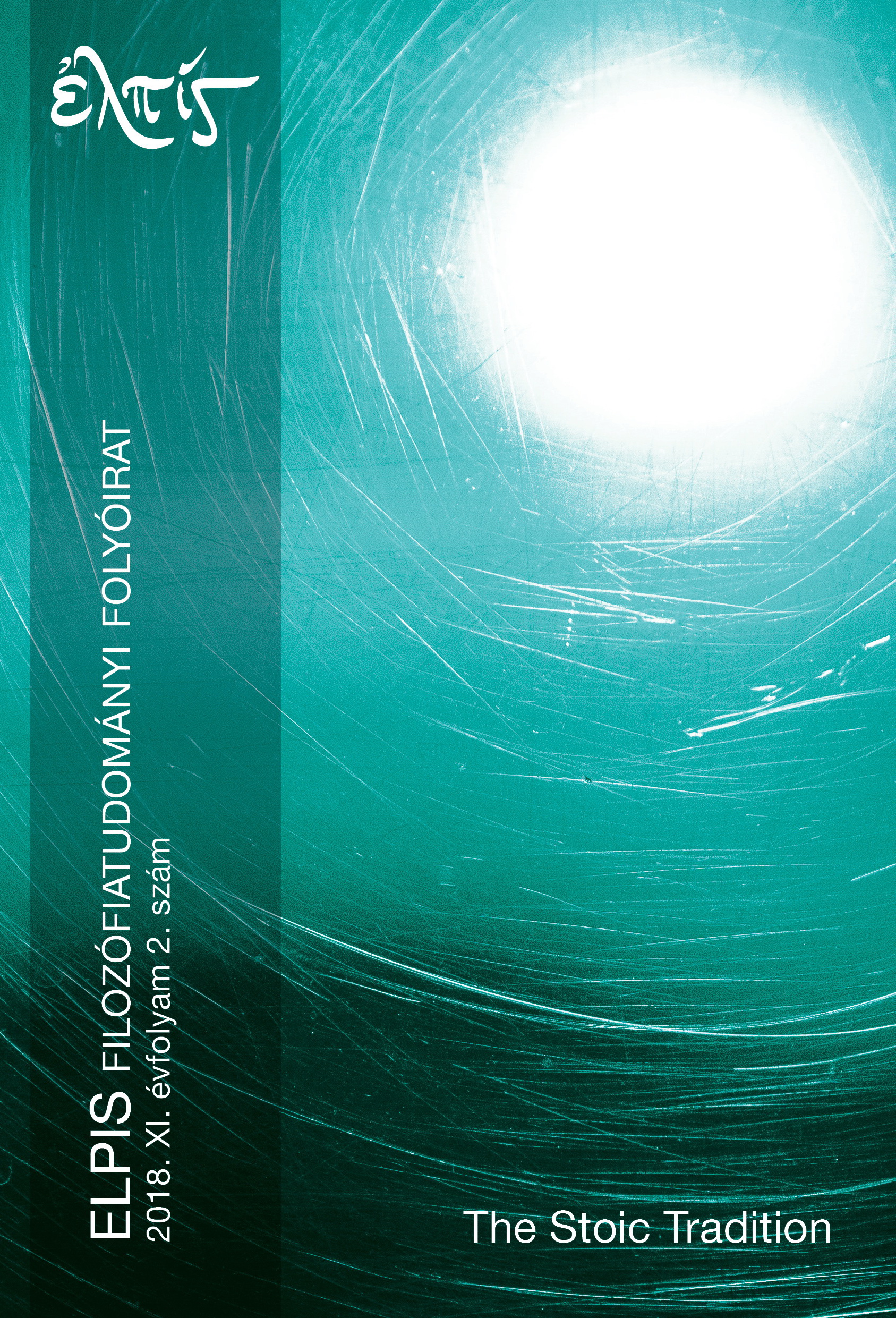When the Stoic Chameleon Came Across the Cylinder. Stoicism and the Matter of Confessions
DOI:
https://doi.org/10.54310/Elpis.2018.2.5Kulcsszavak:
Justus Lipsius, Stoicism, Causality, NeostoicismAbsztrakt
This paper analyses the relationship between Justus Lipsius’ earlier and later thought on causation, and it claims that a major shift did take place between the author’s earlier stance (outlined in his De Constantia and Politica sive Civilis Doctrina) and his theories elaborated in later works (mainly in his Physiologia Stoicorum). While in his early works Lipsius endorsed a semi-compatibilist view (claiming that humans were not endowed with free will, but still, they could be held responsible for their actions), later in his life, he adopted a more libertarian stance. The paper does not only aim to challenge such theses of contemporary scholarship which claim that Lipsius held a mostly homogenous stance throughout his life, but it also intends to highlight the confessional importance of the shift between his earlier and later views: while his earlier works were written in a Calvinist milieu, his latter writings were authored after his recatholisation, and the two facts – according to this paper – are interrelated. Lipsian Neostoicism, hence, was not only intended to harmonize Stoicism with Christianity in general – as mainstream scholarship holds –, but with particular confessions as well.




